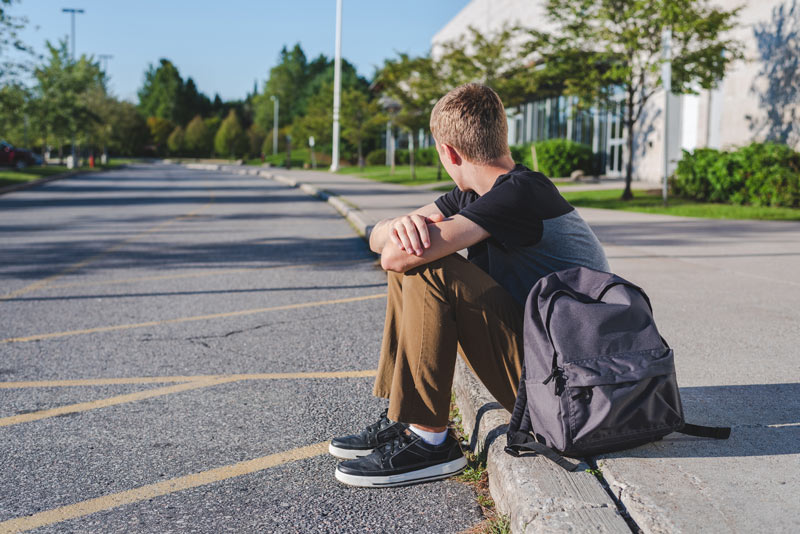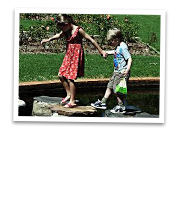Blog
Mental Health Awareness Month and Trauma Informed Care
Posted on May 23, 2022

Since it was first recognized in 1949, May has been Mental Health Awareness Month. The stigma around mental health still remains, although it is improving as people gain a better understanding of the causes and treatments for mental health. At the Florida United Methodist Children’s Home, many of our youth deal with these issues as a result of the trauma they experienced prior to coming into our care. While multiple sources of trauma exist for children and youth, most of the trauma we address is the result of domestic violence, abuse, neglect or abandonment.
How a child experiences traumatic events and how they express their lingering distress depends mostly on their age at the time of the trauma as well as their level of development. For school-age children, a traumatic experience may result in persistent concern over their own safety and the safety of those around them. They may develop a preoccupation about their own actions during the event. Often they will experience guilt or shame over what they did or did not do during the traumatic event and subsequently blame themselves. School-age children might also engage in the constant retelling of the traumatic event, or they may describe being overwhelmed by their feelings of sadness or fear.
Depending on the age of the child, a traumatic experience may compromise the developmental tasks of school-age children. Children of this age may experience sleep disturbances, which would include falling asleep, fear of sleeping alone, or frequent nightmares. Teachers often notice that these children have greater difficulty concentrating and learning in class. Children of this age may also complain of stomach aches or headaches without an obvious cause. Still others may engage in unusually reckless or aggressive behavior.
Adolescents who are exposed to a traumatic event often feel self-conscious about their emotional responses to that event. Feelings of fear, vulnerability, and concern over being labeled abnormal or different may cause them to withdraw and self-isolate from family and friends. Like school-age children, adolescents often experience feelings of shame and guilt about the traumatic event. They may also express fantasies about revenge and retribution. Because of their developmental stage, a traumatic event for adolescents may foster a radical shift in the way they view the world. Some adolescents engage in accident-prone or even self-destructive behavior.
At the Children’s Home, we have found that following a trauma-informed approach to care is the best way to care for children and youth who have been impacted by trauma. Trauma-informed care shifts the focus of care from “What’s wrong with you?” to “What happened to you?” It helps us to better understand the child’s life situation – both past and present – and create a more effective care plan for them. This includes a thorough understanding of the trauma itself and how the child perceives it.
Every youth at the Children’s Home meets regularly with a therapist who not only gives them an outlet to express their feelings but provides them with the tools to they need to cope with the trauma they have experienced. Through this specialized therapy, our youth will make clear improvements in their feelings of self-worth, their social skills and interactions, as well as their academic achievements. You can learn more about trauma-informed care at the Children’s Home first hand from Rebekah Best, Child and Family Therapist by watching these short videos – Therapy That Fits and How Therapy Helps The Children. If you would like to support the therapy that is so necessary and beneficial to our children, visit our donation page to make a gift today.













